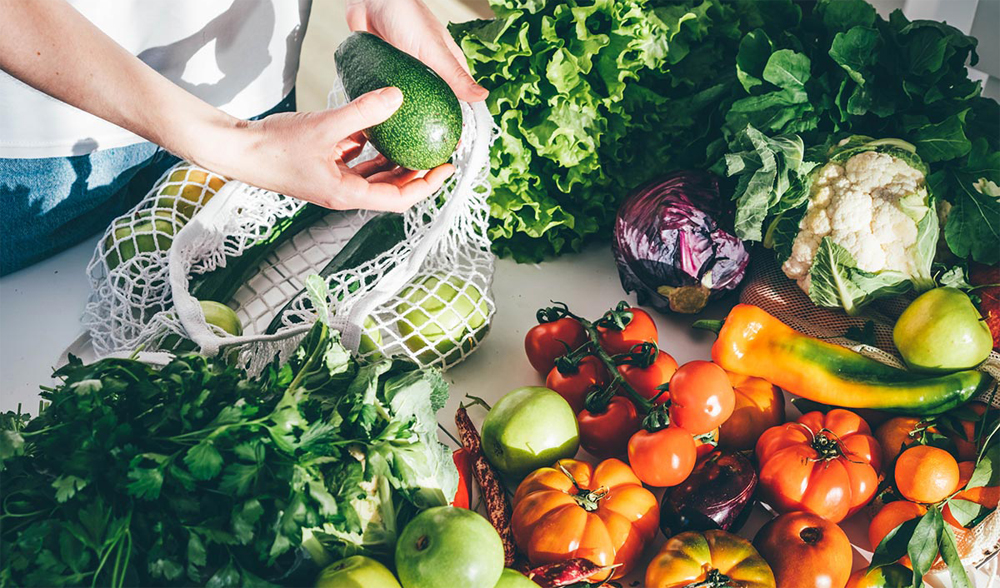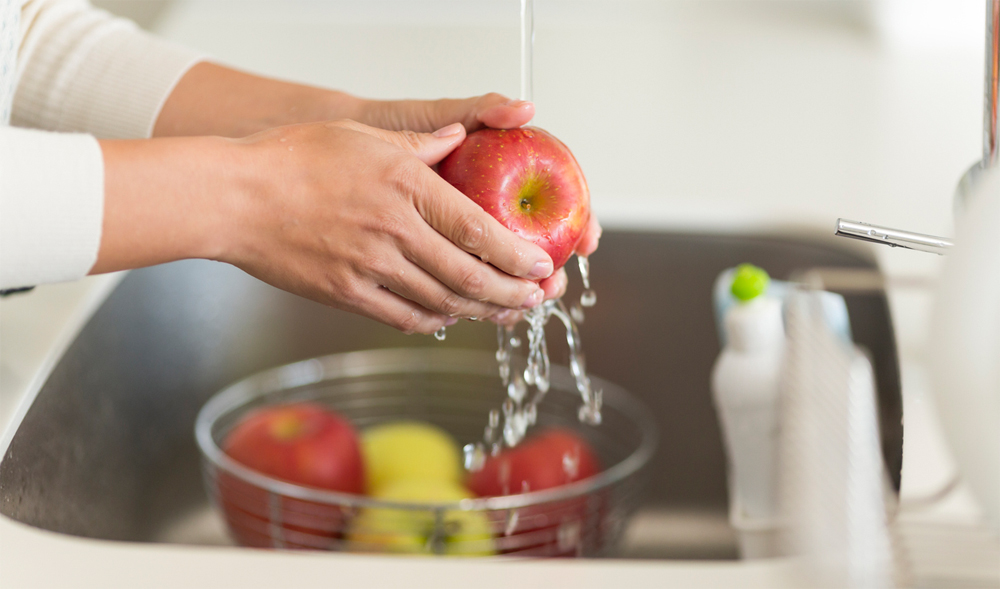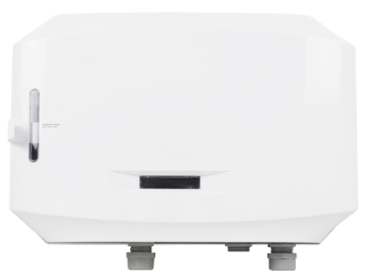
Fresh fruits and vegetables are susceptible to contamination by microorganisms and pathogens during different stages of production, such as harvesting, transportation, and storage. Such contamination results in significant economic losses due to spoilage and shortened shelf life. Furthermore, if these products are contaminated with dangerous pathogens like Escherichia coli or Listeria, they pose a substantial risk to public health and can also lead to financial losses.
Conventional techniques for disinfecting produce typically entail washing it with chlorine-based antimicrobial solutions. However, these solutions may deposit hazardous residues and by-products on the surface of the produce, which could be cancer-causing and pose a danger to consumers' health. Moreover, employing chlorine or chlorine dioxide solutions in the wash water may be costly. Lastly, the use of hazardous chemical solutions may have adverse environmental consequences, such as water pollution.
Thankfully, using ozone to disinfect fruits and vegetables is a great alternative. Unlike other methods, ozone disinfection doesn't leave harmful residues and is more environmentally friendly. It also reduces carbon footprint. Moreover, it's a cost-effective and efficient way to disinfect produce, which makes it a preferred choice for many growers.
A common question asked is whether ozone disinfection is suitable for a particular application. The response is straightforward - ozone can be substituted for toxic chemicals such as chlorine, hydrogen peroxide, or bromide used in vegetable washing by customers.

Various government agencies regulate fruits and vegetables to guarantee their safety and quality, with concerns around pesticide residues, microbial contamination, and foodborne illness outbreaks being among the regulatory and safety issues. Ensuring compliance with regulatory requirements and safety is critical. Here are some examples of regulatory and safety issues related to fruits and vegetables: The Environmental Protection Agency (EPA) in the United States regulates pesticide use and sets limits on pesticide residues in foods. Additionally, the Food and Drug Administration (FDA) has established regulations and guidelines, such as the Food Safety Modernization Act (FSMA), to prevent microbial contamination.
According to the U.S. Food and Drug Administration (FDA), ozone is classified as Generally Recognized as Safe (GRAS), indicating that it is deemed safe for utilization in food applications as long as it is used in accordance with proper manufacturing protocols.
Ozone has been proven to be an effective, economical, and environmentally friendly method that doesn't leave behind any residue. The most effective way to disinfect and prevent cross-contamination while also reducing the amount of water needed for washing, which can result in significant cost savings for producers, is by washing fresh fruits with ozonated water. Numerous studies have demonstrated the effectiveness and utility of ozone for disinfecting fruits and vegetables.
Incorporating an ozone systems with a built-in ozone generator into a basic system is a low-cost, secure, and eco-friendly method of generating ozonated water. By integrating ozone disinfection into their operations, producers can enhance food safety, decrease waste, increase mold and bacteria elimination, minimize product loss, and extend the shelf life of fresh produce.

Ozone's versatility and effectiveness make it a well-suited disinfectant for various applications. Consider the following instances of ozone's versatility:
1. Ozone disinfection: Ozonated water is a potent disinfectant that can effectively eliminate harmful bacteria, viruses, and fungi present on fruits and vegetables when used for washing. It can also aid in removing pesticides and other impurities that contribute to spoilage. The use of ozonated water for disinfecting fresh produce can help prolong its shelf life, decrease food waste, and improve food safety.
2. Produce storage: Ozonated water can be employed for produce storage and cold storage to prevent spoilage and extend the produce's shelf life. Treating produce with ozonated water prior to storage inhibits the growth of bacteria, fungi, and other microorganisms, thus hindering spoilage.
3. Food processing: The utilization of ozonated water in food processing for sanitizing equipment and surfaces is a reliable and secure method. It can effectively enhance food safety by minimizing spoilage and cross-contamination.
4. Irrigation: The utilization of ozonated water is a viable method for disinfecting irrigation water, which in turn decreases the likelihood of harmful bacteria, viruses, and fungi contaminating crops. This approach aids in preserving crop health and preventing instances of foodborne illnesses.
5. Packaging: The utilization of ozonated water for disinfecting packaging materials can aid in diminishing the chances of contamination during transportation and storage.
Please feel free to get in touch with us at O3 Eco Laundry for any queries or concerns you may have. We would be delighted to assist you.

Green Land Yinghai International Building B,
Baohe District, Hefei,
Anhui, China, 230002
© O₃ Eco Laundry 2024 | Sitemap | Privacy Policy | Terms of Service